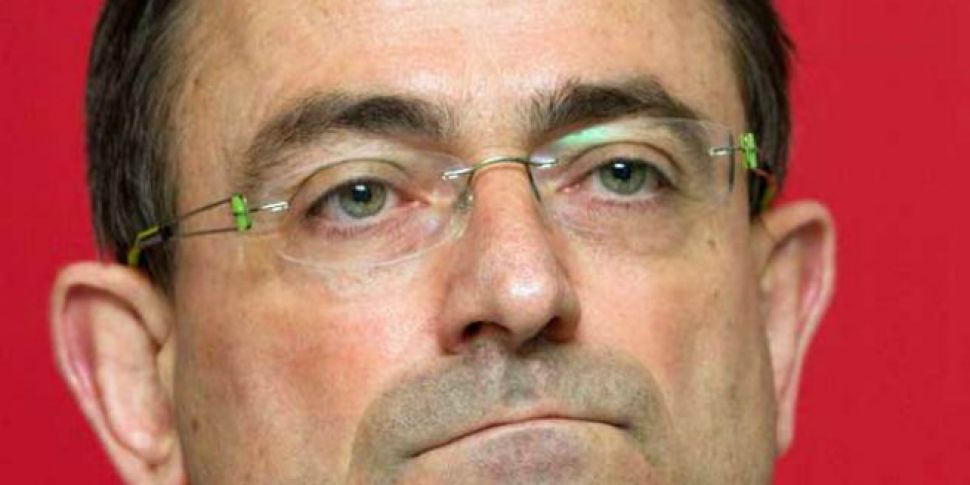Eddie Hobbs has criticised income tax in Ireland as “crushingly punitive”, telling The Pat Kenny Show that “the more you earn, the more you’re punished for earning.”
The financial adviser was welcoming the Irish Tax Institute’s findings which suggest that our system is “overly progressive” and said that, while the new report didn’t contain anything surprising, it was good to have an independent source telling us what’s wrong with the way we tax work.
The report’s principal criticism of the current code is the low threshold - by international standards - of €33,800 at which workers here begin to pay the highest rate of tax, and the speed at which those payments multiply with relatively small increases in income.
Hobbs noted that, in Britain, you have to “earn about four and a half times the average wage to enter the top rate of tax, which is the same as the top rate in Ireland.”
He argued the current problem can be traced back to the time of economic crash.
“We have come through an economic depression, we have come through being close to complete insolvency as a country,” he acknowledged initially.
“The decision was taken at the time that the way to recover our taxes was lashing it on the backs of workers. We went very light on corporation tax. We didn’t do anything there at all.
“We now have a situation where the Irish tax system extremely disincentivises increased productivity from workers. So if you earn more, you get absolutely hammered in taxation.”
He also suggested Ireland should “be doing a lot better” at making State spending more efficient, especially considering the “huge, intrinsic advantage” the country has over much of continental Europe in having a relatively young population, meaning we should have less social protection and healthcare costs to deal with.
The reason we’re not benefiting from this situation, according to Hobbs, comes back to the political system we’ve inherited:
“We have a huge crisis coming in pensions and nothing is being done about it because of the way the political system is set up, which penalises anybody who engages in long-term thinking, and long-term planning, over short-term gains.”
'A war for talent'
If the political will was there, Hobbs believes the powers-that-be would do well to re-examine our tax system.
“I think we need to have a public debate and move to a fair, flat tax model - one that doesn't excessively reward high earners. In fact, it brings in a solidarity tax, probably of above five times the average wage. And we use our new, re-engineered flat tax model as a way to competitively disadvantage European competitors.”
This is his “plan B” approach to remaining competitive if our appeal against the European Commission’s ruling on Apple’s Irish tax affairs fails, as Hobbs believes the “next war is going to be a war for talent”.
Hobbs argued for something that would not entirely represent a true flat tax, with a basic income level introduced above which you start paying at a progressively higher rate. The idea behind it is it would begin to flatten out the “very sharply sloping line” our current tax system represents.
“At the low rates of pay,” he explained, “you don't pay the full flat tax rate. Typically, you'd be protected up to around €70,000 or so.”
Ultimately, he hoped this would “shift the burden away” from working and on to spending when it comes to taxation.
“So your overall tax revenues go up, but the way you collect tax changes, so that you incentivise work and you collect more tax then from spending.”
Renua Ireland, the fledgling party Hobbs was president of before his resignation in June 2016, had proposed a flat tax of 23% as part of its manifesto in the last general election.
Analysis of its online tax calculator in the run-up to the election suggested that the proposed change would chiefly benefit higher earners. Russia’s system, which employs a flat tax rate of 13%, has also been criticised for increasing the divide between lower or ordinary level income earners, and the wealthiest in society.
European countries that have introduced flat taxes in recent times in the hope of stimulating the economy include Estonia, Latvia and Lithuania.









